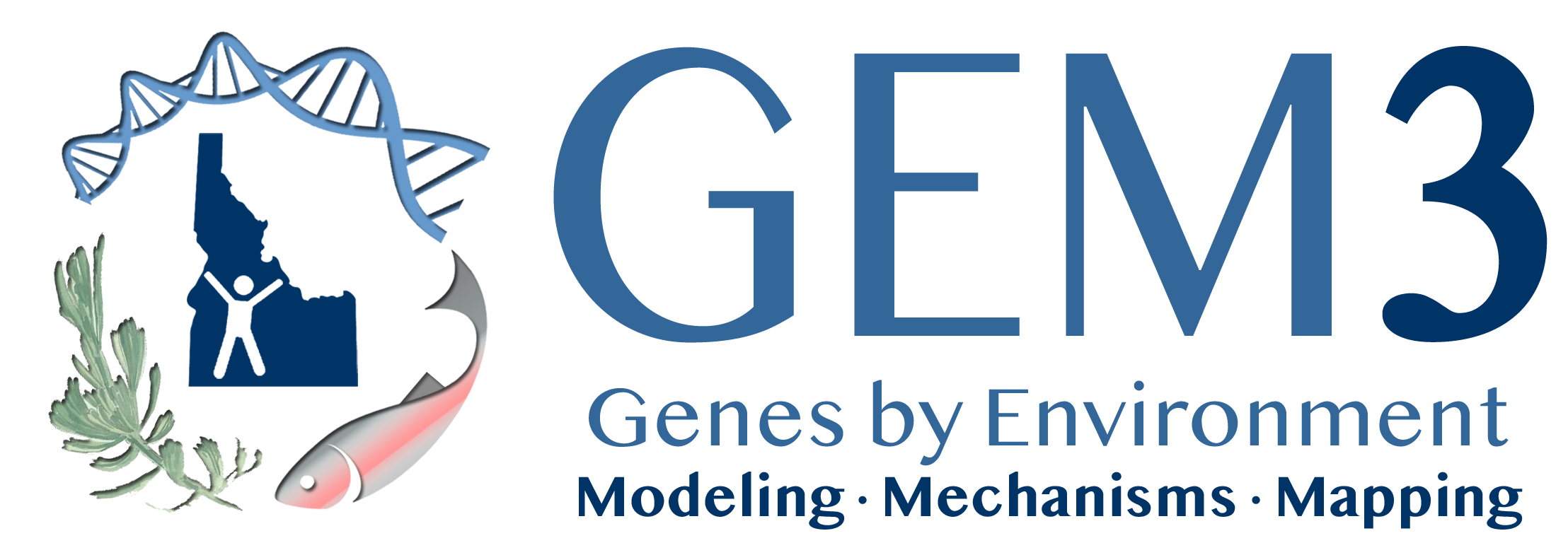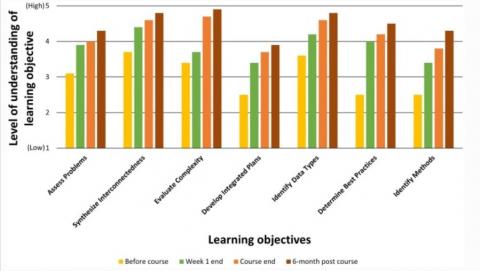New applied approaches are needed to address urgent, global environmental issues. Practitioners, scholars, and policy makers alike call for increased integration of natural and social sciences to develop new frameworks for better addressing the range of contemporary environmental issues. From a theoretical perspective, social–ecological systems (SES) offers a novel approach for enhancing sustainability science and for improving the practice of environmental management. To translate SES theory into action, education and training programs are needed that focus on the application of SES approaches across the education and professional spectrum, from K-12 to graduate training to agency management. We developed a training framework that serves sustainability practitioners by building their capacity to apply SES approaches to real world problems and decision-making. The framework uses a SES-based environmental management approach based on a systemic worldview, transdisciplinary thinking, co-development of knowledge, stakeholder engagement, and adaptive governance. The social–ecological systems training and education program (SESTEP or “see-step”) framework was designed to provide SES training opportunities as a response to the need expressed by senior directors of US federal land management agencies. The core of the framework is a 12-step SES heuristic that provides a diagnostic tool for practitioners as they work through a SES case-study issue or problem. The curriculum provides adaptable and tailored professional development training for sustainability professionals to enhance sustainability science in practice. The evaluation of the inaugural course indicates achievement of positive course learning outcomes consistent with advancing sustainability science in practice.
Average understanding of learning objectives by SESTEP participants: (i) before start of course; (ii) after end of week 1; (iii) at end of course, and; (iv) 6 months following end of the course
| GEM3 author(s) | |
| Year published |
2021
|
| Journal |
Sustainability Science
|
| DOI/URL | |
| GEM3 component |
Mapping
Modeling
Workforce Development
|
| Mentions grant |
Yes
|

